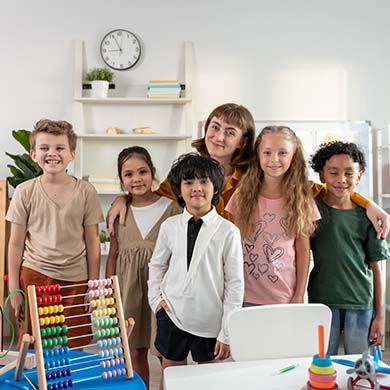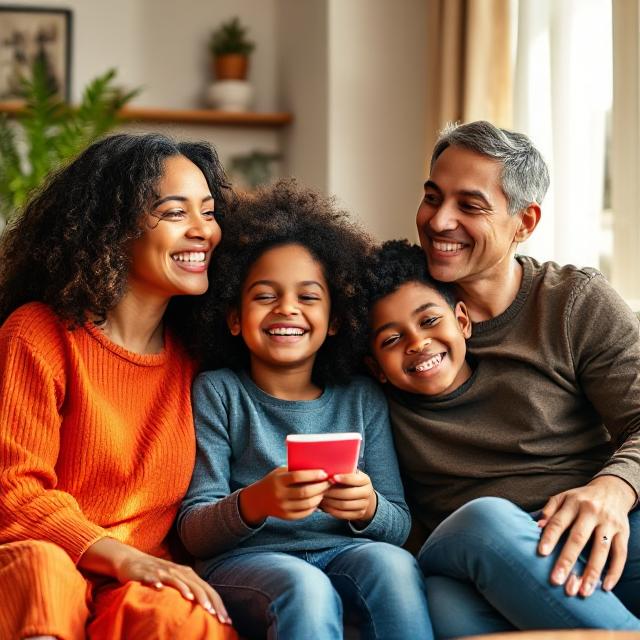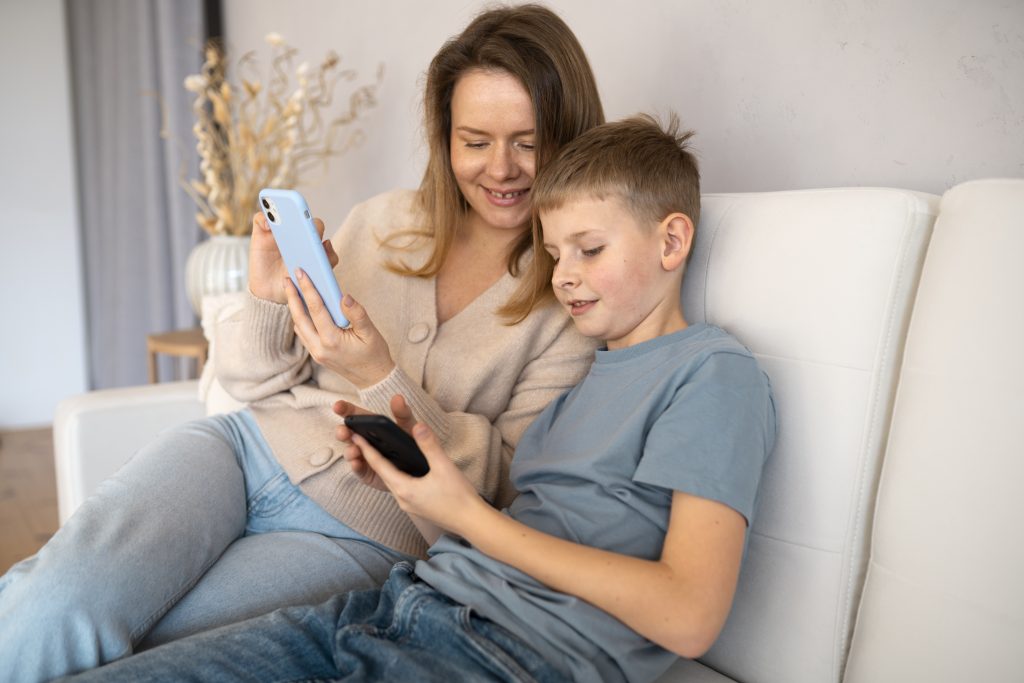Table of Contents
In 2025, parenting is no longer confined to household boundaries—it now spans digital spaces, online classrooms, and social media feeds. The challenges U.S. parents face today are multidimensional:
managing screen time, tracking emotional health, preventing cyberbullying, and nurturing resilience in a hyperconnected world.
This is where parental guidance apps come in — advanced AI-powered tools that go beyond mo
nitoring, helping parents guide, mentor, and connect with their children in more meaningful ways.
In this comprehensive guide, we’ll explore:
- What parental guidance apps really do
- Why they’re becoming essential for American families
- What features to look for in 2025
- And why TinyPal stands out as a trustworthy digital companion

Parental guidance apps are digital platforms designed to assist parents in protecting, mentoring, and emotionally supporting their children’s digital and offline lives.
They combine multiple functions:
- Screen-time tracking
- Content filtering
- Location safety
- Mental wellness insights
- AI-based behavioral analytics
But the newest generation of apps — like TinyPal — goes further by integrating emotional intelligence and predictive AI that identify stress patterns, social fatigue, and emotional burnout.
These tools don’t just monitor behavior — they help interpret it.
In 2024, the U.S. recorded over 82% of families using at least one digital parenting solution.
As per Statista and Pew Research, parental guidance apps became the fastest-growing category in the family tech sector, with 35% YoY growth.
The surge is driven by four core trends:
Children spend an average of 7–9 hours online daily. Parents need intelligent apps to analyze and balance screen behavior.
With online predators, data leaks, and social media exposure, U.S. families are prioritizing privacy-first parenting tech.
Post-pandemic, emotional analytics and mindfulness apps for families have become mainstream.
With Generative AI and AEO (Answer Engine Optimization) shaping how parents seek help online, they now demand AI-driven parenting assistants that think and adapt.

The most effective parental guidance apps share these key features:
| Function | Description | Benefit |
|---|---|---|
| Screen-Time Management | Tracks and limits device usage | Builds discipline and focus |
| App Activity Monitoring | Identifies trending or risky apps | Prevents exposure to harmful content |
| Real-Time Alerts | Notifies parents about unusual activity | Enables proactive action |
| AI Emotional Analysis | Detects emotional fatigue or stress | Supports mental wellness |
| Family Insights Dashboard | Summarizes family tech behavior | Encourages joint responsibility |
| Reward-Based Balance | Uses positive reinforcement | Promotes healthy habits |
TinyPal integrates all these layers in one unified ecosystem — making it one of the most comprehensive parenting tools in the USA.
When it comes to children’s data, U.S. law is clear: protection before profit.
Top regulations influencing parental apps include:
- COPPA (Children’s Online Privacy Protection Act) – protects children under 13.
- CCPA (California Consumer Privacy Act) – gives parents transparency over data handling.
- FERPA – regulates data privacy in education tech.
TinyPal adheres to all three, maintaining end-to-end encryption, parental consent verification, and zero third-party selling of user data.
AI has evolved from being reactive to predictive.
Modern parenting apps use machine learning to recognize emotional patterns, content exposure levels, and communication frequency.
TinyPal’s models anticipate stress build-ups and offer preemptive advice like:
“Your teen’s screen activity increased by 22% this week. Try a shared walk or family movie tonight.”
Parents can now interact with AI systems using natural language queries —
“Is my child spending too much time on games?”
The app responds contextually, just like a co-parent.
This is Answer Engine Optimization in practice — apps optimized not only for search engines but for AI interactions and spoken queries.

TinyPal’s foundation is built on empathy, science, and privacy.
Unlike conventional monitoring tools, TinyPal recognizes emotional distress through passive data signals such as scrolling speed, app-switching patterns, and late-night activity.
Parents can set up unique dashboards per child with distinct goals—academic balance, sleep wellness, or digital detox routines.
TinyPal rewards balanced digital habits instead of penalizing overuse, teaching emotional maturity instead of fear.
TinyPal’s geo-models adapt to American lifestyle trends — factoring school timings, holidays, and cultural nuances.
Research from the American Psychological Association (2024) revealed that mindful parental engagement with tech leads to:
- 22% reduction in digital stress
- 30% increase in family communication
- 19% improvement in empathy scores
TinyPal operationalizes these metrics using behavioral analytics, turning raw data into actionable parenting insights.
| Principle | TinyPal Implementation |
|---|---|
| Experience | Real-world family data models trained on anonymized global datasets. |
| Expertise | Built with input from child psychologists, AI engineers, and digital ethics experts. |
| Authoritativeness | Recognized in leading parenting tech reviews and trusted by U.S. educators. |
| Trustworthiness | Full compliance with U.S. child protection laws and transparent data policies. |
Search Experience Optimization (SXO) ensures parents stay engaged longer through clean design, interactive reports, and meaningful insights.
Geo Optimization (GEO) helps TinyPal adapt to each state’s unique lifestyle—from California’s digital-first households to Texas’s community-driven families.

By 2026, Generative AI will create adaptive family programs —
daily challenges, mindfulness routines, and story-based digital detox missions.
TinyPal is already piloting a Generative Parenting Engine that dynamically produces weekly emotional check-ins personalized for each child.
This makes it not just a parental control tool — but a co-parenting assistant that learns and grows with your family.
Parental guidance apps like TinyPal aren’t about control — they’re about connection.
They translate data into empathy and technology into trust.
The future of parenting isn’t screen-free — it’s screen-smart.
And TinyPal is paving the way for U.S. families to live, learn, and love better in the digital world.
